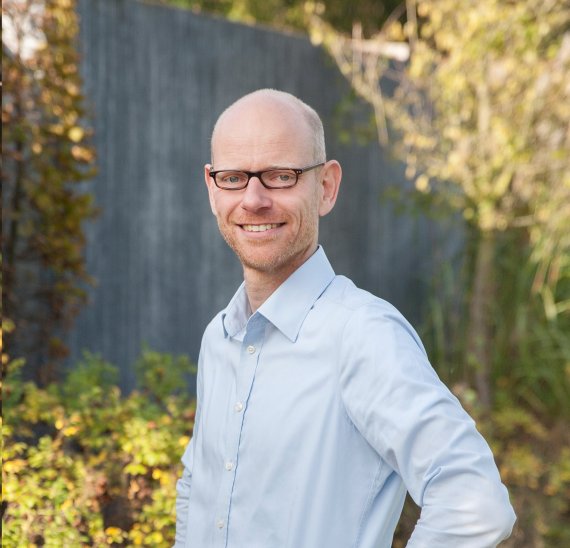Photo: Niklas Höhne
Höhne is the new professor by special appointment Mitigation of greenhouse gas. He held his speech in the auditorium of Wageningen University. An increasing number of organisations and countries are coming up with plans to reduce greenhouse gas emissions. It is unclear what the overlap is according to Höhne.
In Paris, 195 countries signed a climate agreement at the end of 2015. The nations agreed that the global temperature can not rise more than two degrees Celsius (preferably 1,5 degrees). Countries have to submit plans to reduce (or mitigate in climate change jargon) greenhouse gas emissions to reach this goal.
Action Agenda
There were all kinds of organisations present at the conference in Paris. More than in any other previous conferences, says Höhne. Organisations, municipalities and other ‘actors’ came together in the The Lima/Paris Action Agenda, which was an event running allongside the negotiations between countries. And they too made an agreement.
All of these plans are making it increasingly difficult for researchers like Höhne to determine what the impact of all these agreements is. ‘Picture this: a company wants to reduce its emissions, but so does the country in which it is based. Does the reduction stack up or does it overlap?’ And there are other challenges. There is a big difference between the plans of the countries also, and the researchers have to check if they are put into effect.
The uncertainty is great but not infinite and we can definitely say something about the impact.
Niklas Höhne, professor by special appointment Mitigation of greenhouse gas
Challenge
Höhne sees the increasingly difficult task as a challenge. ‘We can not back down because of this. The uncertainty is great but not infinite and we can definitely say something about the impact.’ It’s already clear that some plans of companies are moe ambitious than those of the countries for example. ‘Some proposals are very ambitious. There are big tech companies who want to run a 100 percent on renewable energy by 2020 or 2025.’
Höhne ends his speech on an optimistic note. Currently, the attempts falls short, but he sees signs of hope. Looking at the conservative estimates of countries, he thinks many of them will overperform. The rate of development of renewable technologies appears to be surprisingly fast. ‘I’m optimistic. You have to be to do this kind of work.’
Climate agreement puts puzzle pieces together
Studenten doen verslag vanuit Parijs

